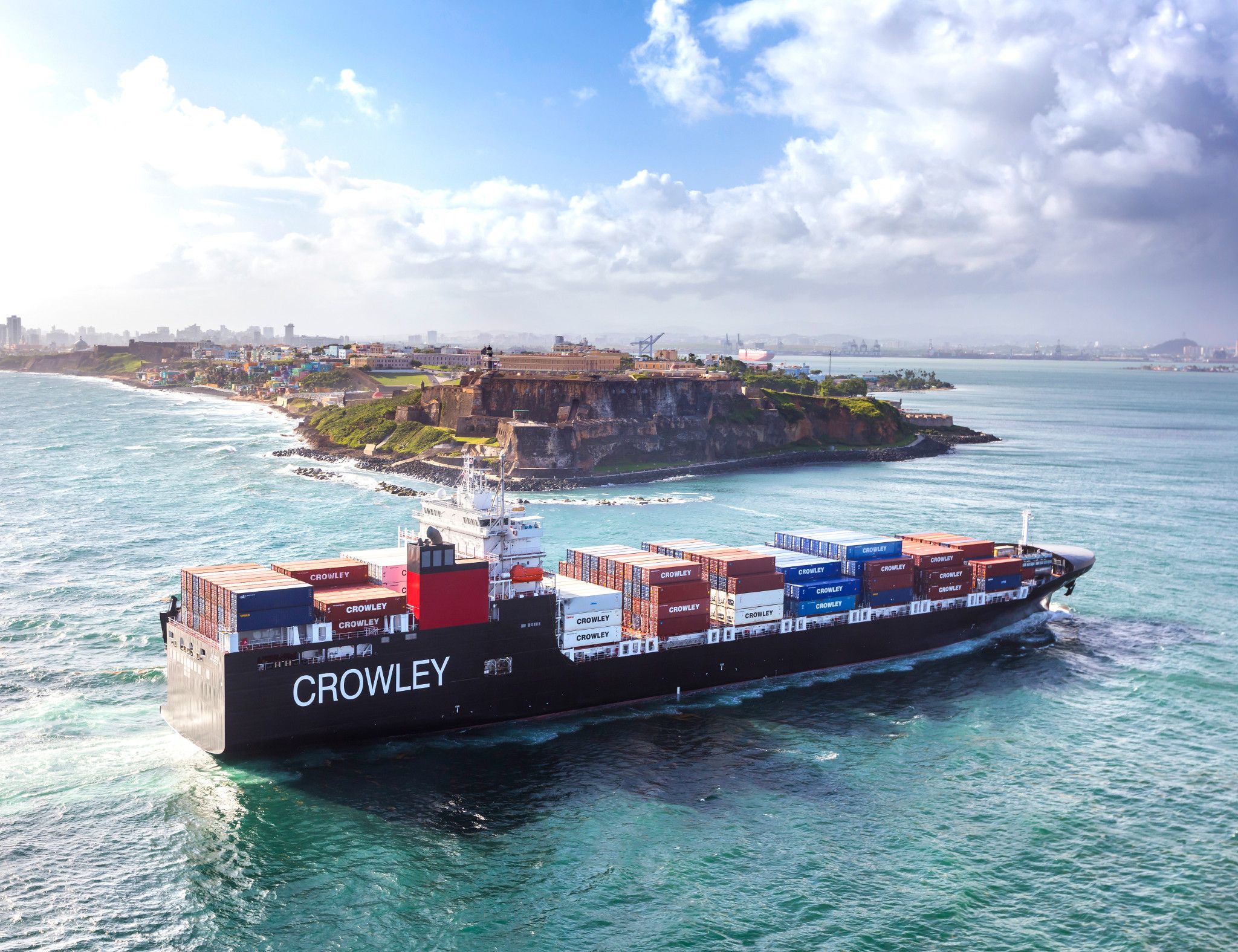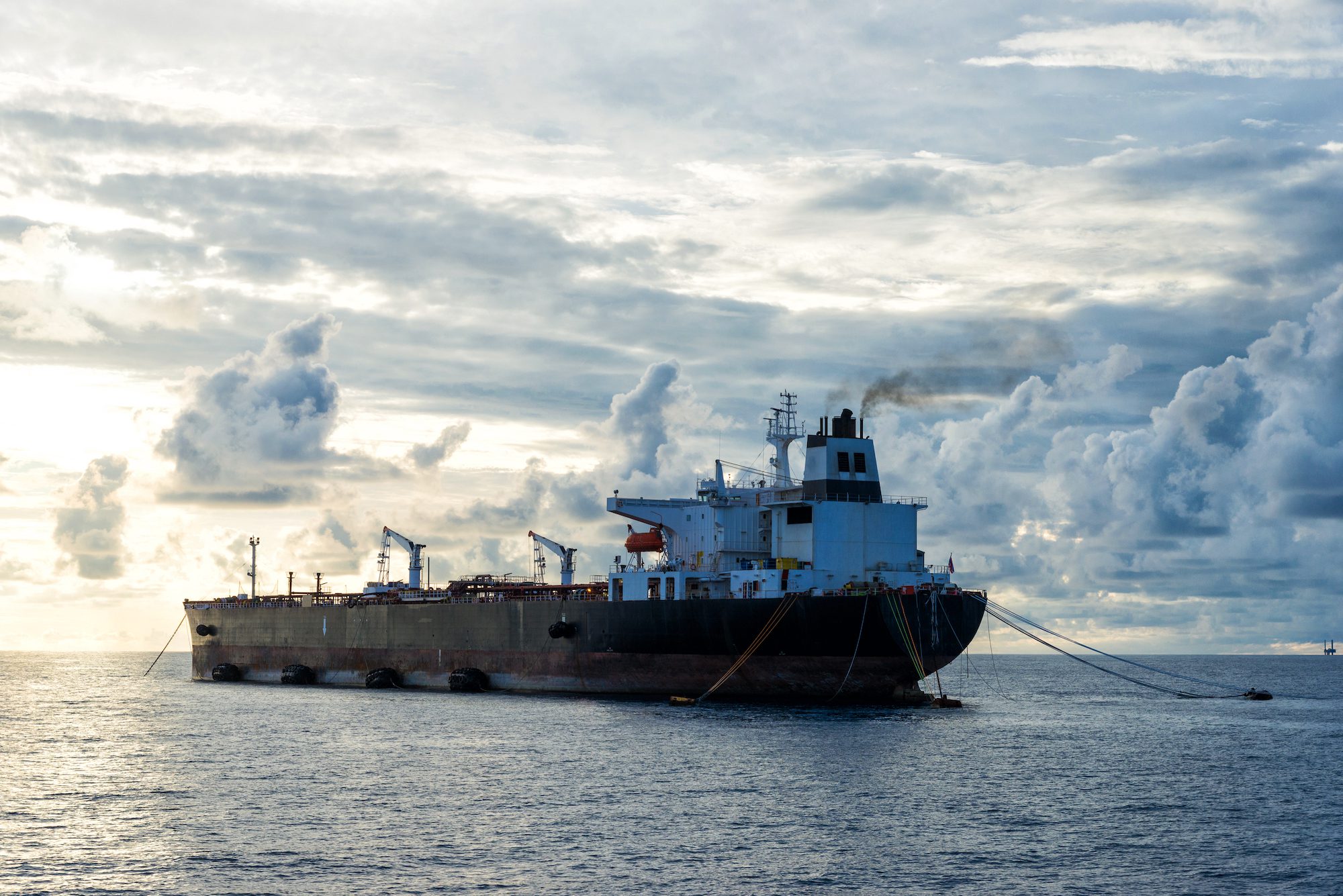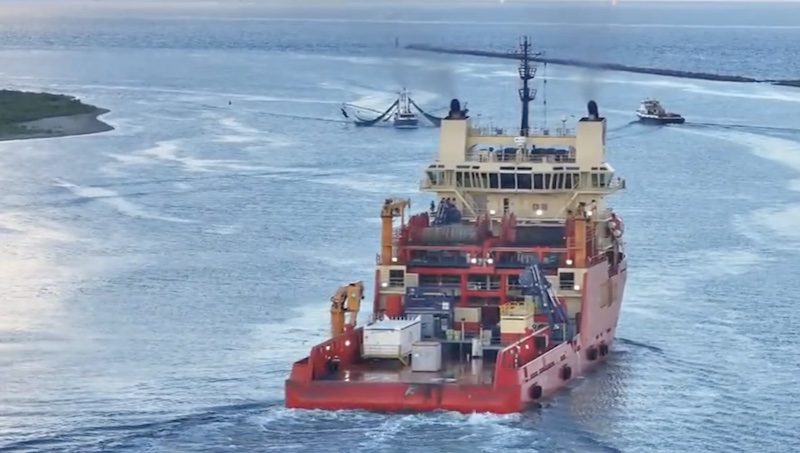Movements of commodities by entities often shrouded in mystery and secrecy drive shipping demand, which, in turn, is tied to economic activity and also geopolitics.
A recent seminar (both in person and live-streamed) hosted by the Climate School at Columbia University, was highly informative. Indeed, shipping industry participants who are trying to understand the current situation in the world’s energy and agricultural trades would do well to listen to the replay. Spoiler alert, the shipping guys will be around for quite awhile, albeit facing trade flows that may shift—sometimes unpredictably.
The hour-long discussion, moderated by Dr. Jason Bordoff, the Climate School’s Dean and also a Founder of Columbia’s Energy Policy Center, featured two Bloomberg journalists covering energy and commodities, Javier Blas and Jack Farchy, along with Maria Jelescu Dreyfus, an investment executive with close ties to Columbia.
Mr. Blas and Mr. Farchy are the authors of a must-read book, The World For Sale, all about the commodity traders whose cargoes have increasingly been filling up those bulk carriers and tankers. “The traders that we write about in the book continue to be heavily involved in moving Russian commodities,” Mr. Blas said.
Though the tankers and bulk carriers garner much of the public attention, interesting tidbits concern container vessels. During the conversation, it was explained that Russian metal exports (think about nickel, aluminum, lithium and cobalt) had been containerized, and now “very few of the world’s container shipping lines are still calling at Russian ports. Shipping stuff out of Russia has become much harder.”
Grain trades (Cargill and Bunge were mentioned) are the subject of increasing concern, with one questioner late in the session noting that food shortages can lead to civil insurrections (and one panelist wondering out loud whether another “Arab Spring” might be in the offing). Ukraine is a large source of wheat (and also palm oil), much of it sent to importers in African countries.
Mr. Blas, in talking about the Black Sea, suggested that floating explosive mines could be found as far down as the Bosphorus. Fertilizer, big exports for Russia and the Ukraine, were also mentioned; cutbacks due to the war have reduced supplies, causing prices to double.
There was a maritime angle to discussions of how to better regulate the movements and movers of commodities amid lack of knowledge by regulators. Indeed, both authors had indicated that “policy makers” had come to them with questions. While shipping is an important lynchpin for movements, the physical side of shipping (like that of spot and term physical commodities markets) is not subject to much economic regulation.
Mr. Farchy said: “The first step is for governments and regulators to understand the physical commodity markets [in contrast to commodity and derivative markets]… nobody is paying any attention to physical markets.” He continued, “It’s hard to do. A lot of this is happening in cargo trades of oil that are changing hands in the high seas, outside the reach of any national regulator, in ships that are flagged with Liberian flags, owned by a Swiss company or a Singaporean company… it’s not very clear how you would draw up a regulation that would touch it.”
The subject of ESG (Environmental-Social-Governance) also came up, with Mr. Blas noting that trading companies now seem to be responding to social pressure (unlike their previous behavior driven purely by profit considerations) by “self sanctioning”- notably in the case of Russian energy exports. On the morning of the webinar, the large trader Trafigura had announced that it will be terminating purchases from Rosneft (a Russian state-owned energy producer, mainly shipping oil blends out of Baltic ports) in several weeks’ time.
Talking about the companies’ voluntary restraint on purchasing Russian oil and products, Mr. Blas said: “it’s surprising… they are taking a step back.” In discussing Glencore, one of the few traders with a public share listing, he pointed with amusement to a large contradiction (“interestingly schizophrenic” were his words) between the company’s extensive ESG department (and public espousing of sustainability) contrasted with the company’s leadership role in the seaborne movement of coal, a dirty fossil fuel.
So, good news for shipping readers—commodity traders—big players in ship chartering, will be integral to the energy transition. In the discussion, Ms. Jelescu Dreyfus explained that the shift away from fossil fuels to greener materials was highly inflationary, where supply lines for new materials are not yet fully built out (at the same time that “energy security” concerns are driving up the price of existing fuels, seeing reduced supply because of cyclical underinvestment). Yet the trading companies will have a big role in linking buyers with sellers in sometimes far off places.
As different materials come to the fore (again, think about metals used in batteries), the traders (in the markets chartering vessels) will be the players who take the risks and link the consumers of those materials with originating regions, which may be Russia, South America (with Chile now looking to take a leadership role in Green Corridors) or even the African continent.
Related Book: The World for Sale: Money, Power and the Traders Who Barter the Earth’s Resources by Javier Blas
Unlock Exclusive Insights Today!
Join the gCaptain Club for curated content, insider opinions, and vibrant community discussions.

 Join The Club
Join The Club













